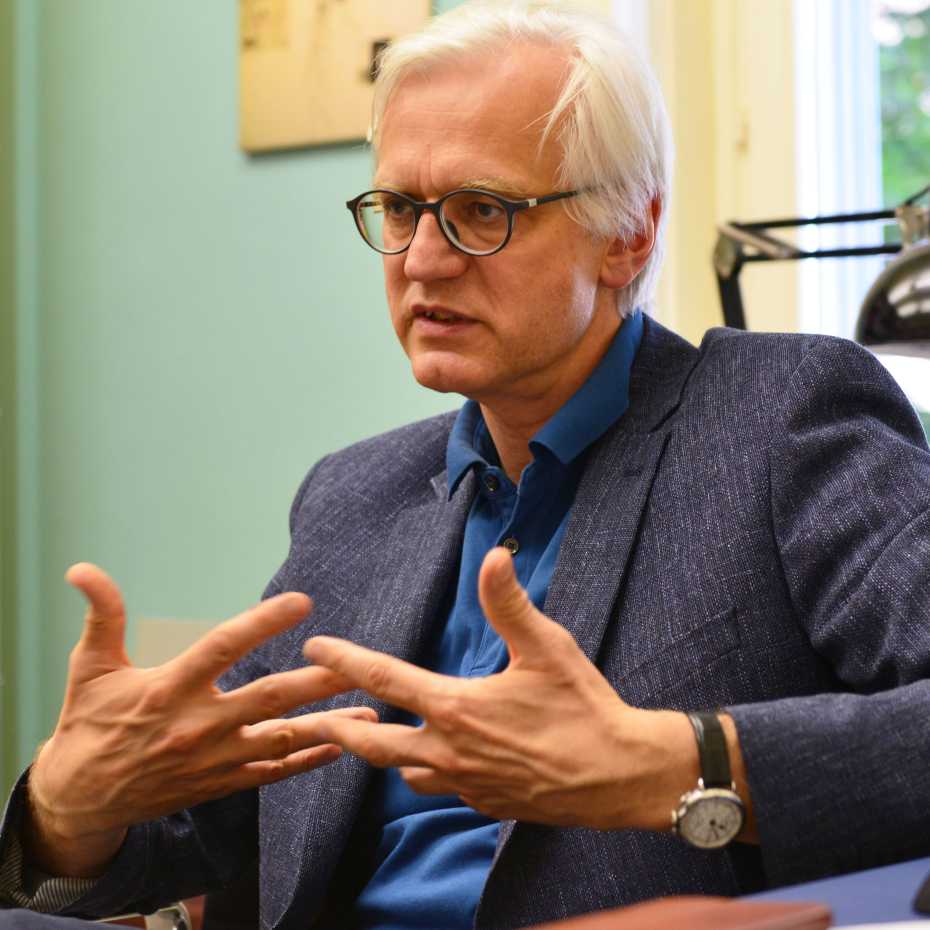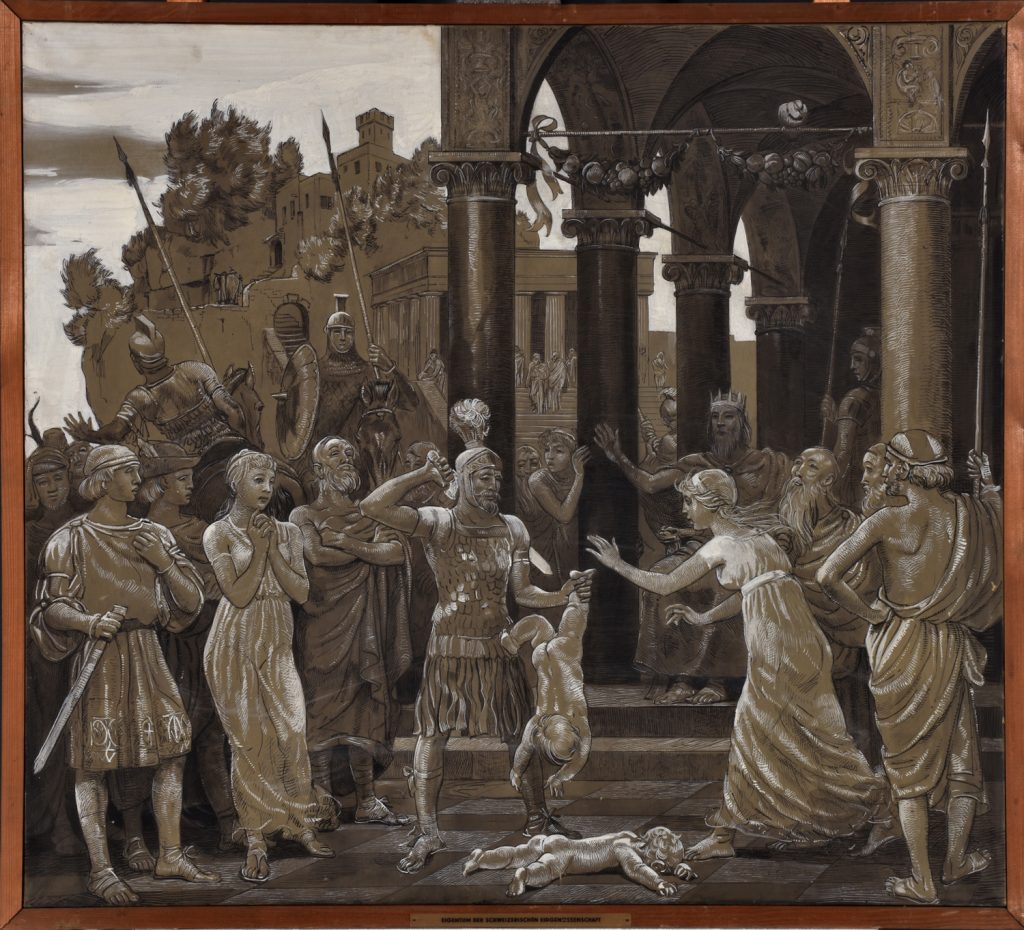
Wisdom
Do you wish to be wise? What would you do with your newfound wisdom? Perhaps it would be helpful to define the word “wisdom” before setting your intentions.
Then again, is it necessary to define the word “swimming” when, for example, you decide to learn how to swim? Don’t you just see others moving effortlessly through the water and come to the conclusion that you want to be able to do THAT? Similarly, do you need to define the word “carrot” when you want to make a carrot salad? Don’t you just get handed a carrot with the instruction to chop into little pieces?
We don’t learn to count by being taught the definition of “number”. What would such a definition even be? Not sure? But you can count, right?
When is it necessary to define things? Definitions shape theories. They are often the starting point of proofs in modern mathematics and logic. Does this mean that we are talking about a theory of wisdom with which we want to prove something? Not initially. Maybe later. But rather marginally. Let’s see.
Even without knowing its definition, we have an intuitive understanding of wisdom. Perhaps we know people whom we would characterize as “wise”, whom we ask for advice when we have problems. Or we know examples from stories of wisdom, such as the story of Solomon from the bible, the wise king who was visited by two women:
Then two women who were prostitutes came to the king and stood before him. The one woman said, “Pardon me, my lord: this woman and I live in the same house; and I gave birth to a child while she was in the house. And it happened on the third day after I gave birth, that this woman also gave birth to a child, and we were together. There was no stranger with us in the house, only the two of us in the house. Then this woman’s son died in the night, because she lay on him. So she got up in the middle of the night and took my son from beside me while your servant was asleep, and she laid him at her breast, and laid her dead son at my breast. When I got up in the morning to nurse my son, behold, he was dead! But when I examined him closely in the morning, behold, he was not my son, whom I had borne!” Then the other woman said, “No! For the living one is my son, and the dead one is your son.” But the first woman said, “No! For the dead one is your son, and the living one is my son.” So they spoke before the king.
Then the king said, “The one says, ‘This is my son who is living, and your son is the dead one’; and the other says, ‘No! For your son is the dead one, and my son is the living one.’” And the king said, “Get me a sword.” So they brought a sword before the king. And the king said, “Cut the living child in two, and give half to the one and half to the other.” But the woman whose child was the living one spoke to the king, for she was deeply stirred over her son, and she said, “Pardon me, my lord! Give her the living child, and by no means kill him!” But the other woman was saying, “He shall be neither mine nor yours; cut him!” Then the king replied, “Give the first woman the living child, and by no means kill him. She is his mother.” When all Israel heard about the judgment which the king had handed down, they feared the king, because they saw that the wisdom of God was in him to administer justice. (1 Kings 3:16-28)

There are various examples that illustrate other aspects of “our” intuitive understanding of “wisdom”. Does it make sense to search for a definition that captures all possible aspects of wisdom?
Most of the time, definitions are only about certain aspects of the meaning of a word or thing. Those who make the definitions, however, think that they are the relevant, the most important or even the essential aspects. The consequence of such a statement is usually that others see it differently, that they consider the definition insufficient, not grasping the essence of the matter.
Should we rather look for an essence of a thing instead of examples? Socrates seems to think so, when, engaging in a Platonic dialogue, his interlocutor gives him an example in response to his question about what bravery is: “In the line of battle, not to retreat when attacking, that is bravery.” Socrates does not think that this is a good answer because his question is aimed at the essence of bravery (Laches 17). Is Socrates’ criticism a wise one? Of course!—one thinks—since Socrates is the wisest of them all. Yet is it really necessary to answer “what-is” questions via definitions of essence? Don’t such definitions always lead to disputes? And would it not be wiser to avoid such disputes?
Socrates, in order to answer his “what-is” question, develops a rather daring theory: the so-called theory of ideas of generalities—which “hover” beyond our world of experience, yet somehow still “control” it. Perhaps this is precisely the fork in the road where wisdom is lost, where it has eluded Western philosophy. For it could be, after all, that wisdom is always connected to the concrete, the tangible, and not to the theoretical and speculative. But when we say that wisdom is always connected to something, are we not trying to state its nature? Are we not contradicting ourselves?
Ordinary and Unusual
The alarm rings, you go to the bathroom, shower, make coffee, get dressed, have breakfast, brush your teeth, get on your bike, cycle to the office, sit in front of a screen, have lunch, go home, have dinner, watch TV, and go to bed—that’s the drill, day after day. Only mathematicians or philosophers would add “defining” to their daily routine. Everyone else’s daily lives are shaped by interactions with concrete objects and experiences: Bedspreads, shower curtains, toothbrushes, coffee cups, bread, bicycles, computer keyboards, fatigue, hunger, boredom, anger, joy, etc.
A lot of what happens in our daily life is connected to habits. We have become used to eating a certain breakfast, to taking a specific route to the office, to spending our evening in one way or another. At the same time, there are things that happen to everyone, but you can’t get used to them because they only happen once: We were all born, and we all die. And then, finally, there are life events such as illness, falling in love, partnerships, parenthood, separation, which affect many of us.
The concrete and ordinary aspects of our lives, both that to which we have become accustomed and that to which we have not or cannot become accustomed, such as death, is subject of texts and practices that can be grouped under the terms “wisdom literature” and “wisdom practices”. Are we supposed to reflect on how we spent our day in a journal every night before we go to sleep? If we can choose friends, how should we choose them? Should we strive for wealth in our jobs? How can we deal with our fear of death? Such questions are addressed in many texts of wisdom literature.
But everyday life in Berlin is different from everyday life in Taipei, and everyday life in Taipei is different from everyday life in Los Angeles, Manaus or Tehran. In different cultures, people get used to different things, they eat differently, greet people differently, celebrate different festivals. Even birth and death mean something different in a Buddhist country like Bhutan, in Finland, or in the US Bible Belt. The ordinary is not universal. Is there anything universally human at all? Perhaps this would have to be established through mutual understanding.

A person who studies the wisdom literature and wisdom practices of different cultures enters into such a process of understanding. They can learn that although things are very different elsewhere, there are very similar problems. Lovesickness and fear of death seem to be omnipresent. But what happens when “love” and “death” mean different things in different cultures? What is considered an unacceptably cruel way of dealing with the dead in one culture is taken for granted in another. If someone would deposit the corpse of a relative in Berlin’s Tiergarten as animal feed, they would face criminal charges and the contempt of many fellow human beings. In Tibet, a so-called sky burial, in which the flesh of a dead person serves as food for vultures, is common. And here we can understand why Buddhist Tibetans give their corpses to animals; it is not out of contempt for the dead, but out of care for the animals.
To Change One’s Life
A person who wants to become wiser, believes they are not yet wise enough. Such a person wants to change themself and their life. Is this desire itself already a sign of wisdom? A person who constantly hurts other people and is egotistical, yet believes that they do not have to change themself and their way of life, is perhaps less wise than a considerate person who, however, constantly perceives the desire to hurt others but wants to get rid of this desire.
“Life” is an ambiguous term. It can refer to what takes place between the growth of a human being in the womb and their death: the life of a single person. There is also life “in the West” or “in Asia”, referring to large groups. “Life is different in Asia than in the West,” you hear people say. Or someone alarmed by climate change may exclaim: “Humanity is at stake! We must change our lives!”, referring to “all of us”.
The biological view on life, a process of evolution, humans with hearts and kidneys, etc., concerns only very general aspects of “life”.
How can you change your life? Do we live the way we live because we are in Taipei, in Zurich, in Los Angeles, in Lagos, or in Sidney? Or do we live in one of these cities because we as individuals want to live a certain way? Which comes first: the pattern of individual lives or the patterns of large groups and cultures? The fact that I speak German and English but not Chinese is because I was born in West Germany. It is less likely to learn Chinese there than in China.
Many traits of our individual lives are conditioned by the collective, the cultures into which we were born and to which we cannot yet relate as young people. Why are we selfish? Because we were born into a ruthlessly competitive society, or have we, as individuals, founded societies in which this is the way things are, because “we”, as individuals, are “that way”?
This question concerns the old chicken-and-egg problem: What came first, the chicken that laid the egg or the egg from which the chicken that can lay an egg hatched? How did it all begin? And where should we start if we want to change our lives: with ourselves or with society and its institutions, if “life” is to become different?
Wisdom seems to be directed more at the individual. In western societies, one is more inclined to think that one must start “with oneself”, “with the individual”, if one wants to change the lives of many. But is this true? In the “East” or in Marxism, this is different. “Being determines consciousness”—a society with certain economic conditions produces people whose lives run in a certain way, who think and feel this way, Marx said.
Regardless of one’s position on the chicken-and-egg problem: If wisdom is to entail an “improvement” “of life”, then it must have something to say about the relationship of the lives of individuals in regard to collectives and cultures.
Perhaps wisdom does not want to “improve” life. Perhaps it is wrong to expect that things should go forward, become better, that there needs to be progress. Perhaps wisdom simply has to do with seeing things the way they are. But wouldn’t that be an improvement as well? Is a life without not better than one with illusions?
Hilf uns dabei, eine weltumspannende Collage an Erfahrungsberichten zu Weisheitsthemen zu sammeln und miteinander ins Gespräch zu bringen.
Die Erde ist eine Scheibe. Zwei mal zwei macht vier. Viren gibt es nicht. Zucker kann Karies verursachen. Die Wirtschaften der Welt werden von einer unsichtbaren Hand zum größtmöglichen Glück aller gelenkt.
Wahrheiten und Unwahrheiten bestimmen unser Leben. Welche Wahrheiten sind überhaupt relevant? Welche Illusionen gefährden eine gelungene Lebensführung?
Der Tod ist groß.
Wir sind die Seinen
Lachenden Munds.
Wenn wir uns mitten im Leben meinen,
wagt er zu weinen
mitten in uns.
Liegt im Dao das Gute Leben verborgen? Wo muss ich es dann suchen? Was ist das Dao überhaupt?



